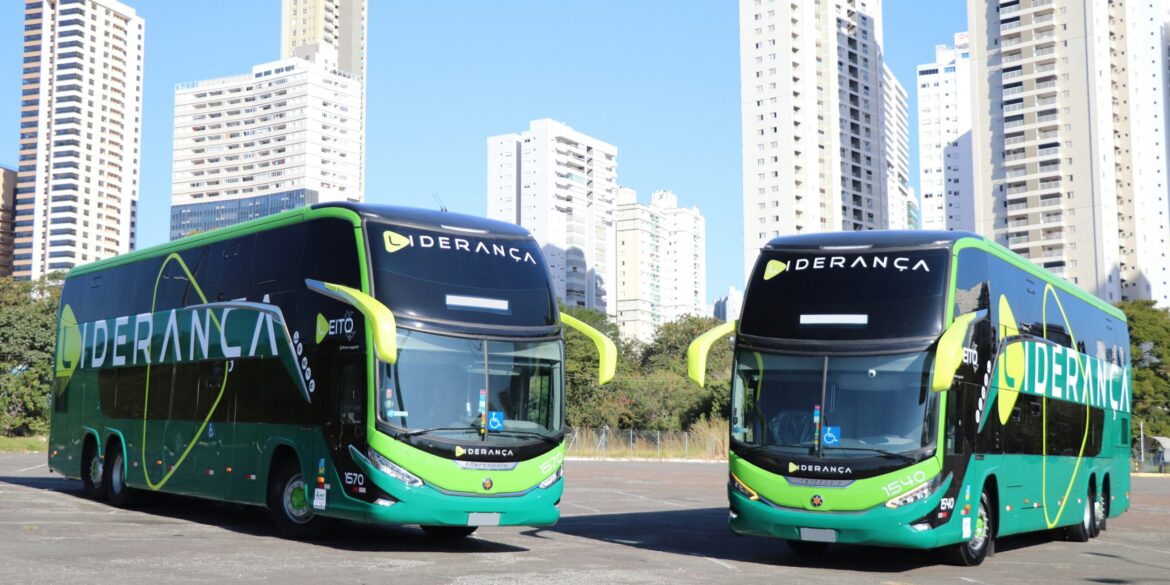Miami-Dade County is embracing electric vehicles (EVs) on a massive scale with its new fleet of electric buses, a key part of its broader strategy to modernize its public transportation system and make the city more sustainable. On June 14, 2025, local officials launched the new electric buses, designed to reduce both the county’s carbon emissions and operational costs, while providing a cleaner and more efficient service for its residents.
The Transition to Electric Buses
The shift to electric buses in Miami-Dade County is part of a broader move towards green energy solutions across the U.S. Cities like Los Angeles, New York, and Seattle have already taken steps to integrate electric vehicles into their public transit systems. Miami-Dade’s initiative, which includes the acquisition of 100 electric buses, is one of the largest such investments in public transportation within Florida.
The new buses, which are manufactured by Proterra, a leading electric vehicle company, are zero-emissions and run entirely on electricity. They will replace older diesel-powered buses, reducing the region’s carbon footprint while providing quieter and more comfortable rides for passengers. The move aligns with the county’s broader goal of becoming a leader in sustainable urban development and improving the quality of life for Miami’s residents.
Enhancing Public Transportation Efficiency
Miami-Dade’s electric buses will operate across several key routes, including those that serve Miami International Airport (MIA), the Miami-Dade County Courthouse, and downtown Miami, all of which experience high ridership. The buses will be equipped with the latest technology, including GPS tracking, Wi-Fi connectivity, and on-board air filtration systems to enhance the passenger experience.
County officials are also excited about the lower maintenance costs associated with electric buses. Unlike diesel buses, which require frequent maintenance for engine parts and exhaust systems, electric buses are more reliable, with fewer moving parts that need repair. This can translate to significant savings for Miami-Dade in the long term.
The Environmental Benefits
The introduction of electric buses will make a substantial difference in Miami’s efforts to combat climate change. By eliminating the need for diesel fuel, the buses will help the county reduce its greenhouse gas emissions. The move aligns with Miami’s long-term environmental goals, which include cutting carbon emissions by 50% by 2030.
The electric buses will also help to improve air quality in Miami, especially in areas like Little Havana and Liberty City, which have historically faced high levels of air pollution. Improved air quality is expected to benefit not just the environment but also the health of residents, particularly those who are most vulnerable to air pollution, such as children and the elderly.
A Look to the Future
The electric bus initiative is just the beginning of Miami-Dade’s ambitious plans for a more sustainable transportation network. The county has already pledged to increase its electric vehicle charging infrastructure, which will support the growing number of electric cars, buses, and other vehicles on the road.
Officials are also exploring the possibility of expanding the program to include electric trains and trams, which could further enhance Miami’s public transportation options. With the city’s population growing rapidly, the push for cleaner, more efficient transportation will be critical to ensuring the area’s future mobility needs are met.
Community Reaction
The introduction of electric buses has been met with enthusiasm from local environmental groups and Miami residents. David Rosenberg, a local environmental activist, stated, “Miami is leading the way in sustainable public transit. These electric buses are a huge step forward for the city, and they show that we can reduce pollution while improving our transportation options.”
The county is also working to ensure that the new buses benefit all residents. Affordable fares and accessibility features like low floors and ramps for wheelchairs ensure that Miami’s public transit remains inclusive for everyone.
Conclusion
The new electric buses represent a bold step toward a more sustainable future for Miami-Dade County. By embracing electric vehicles, the city is not only reducing its carbon footprint but also providing a more modern, efficient, and environmentally friendly transportation option for its residents. As Miami continues to grow, these initiatives will be crucial in making the city a leader in both innovation and environmental stewardship.

